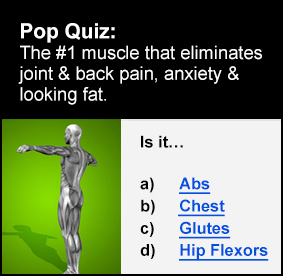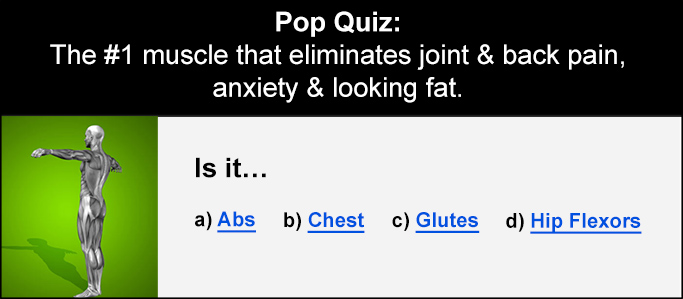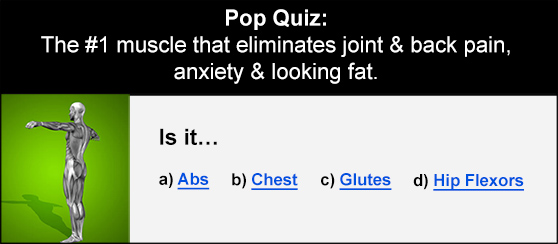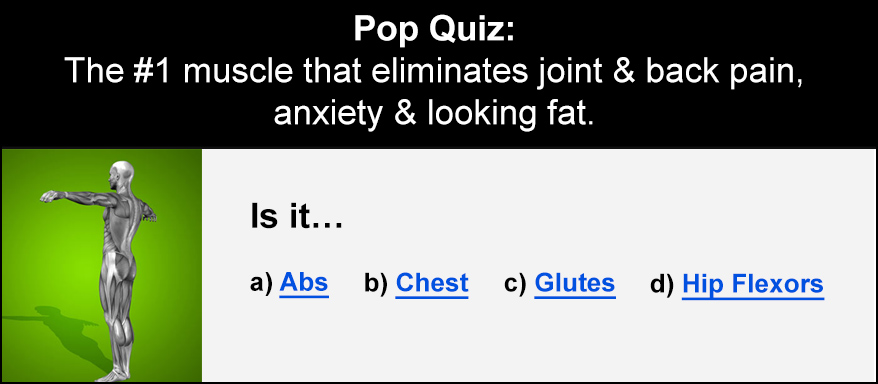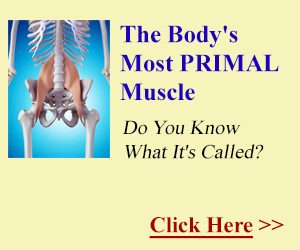
We all know the importance of eating a balanced diet, getting enough exercise, and sleeping 8 hours a night – but what about taking dental health into account?
Poor dental health has a far greater impact on your overall wellbeing than you might first realise. Early onset tooth loss can have measurable impact on your mental and emotional wellbeing, as well kick starting a predisposition for other dental diseases.
Many common dental problems are caused by poor eating habits. While you might take care to brush your teeth and, if you’re among the more contentious, even use floss.
1. Eat More Alkaline Foods
Eating alkaline food will help to neutralize plaque acid.
Studies have found that drinking a glass of milk after eating acidic or sugary food will help to lower the pH levels inside your mouth. However, adding milk to a bowl of sugary cereal will not have the same effect. While the now syrupy and sweet milk might be more delicious, it will now have a negative impact on your dental health rather than a positive one.
It has also been demonstrated that cheese consumption could be even better for your dental health than milk!
A study on 12-15-year olds showed that those who eat cheddar cheese had lower levels of acid in their mouths on testing than those who ate sitar-free yoghurt or drank a glass of milk.
Though this could be down to a variety of factors, one that plays a big role is the increased chewing that needs to be done when eating cheese compared to the comparative options.
On that note…
2. Eat More Crunchy Foods
“An apple a-day keeps the dentist away.”
Eating more carrots, apples, cucumber and celery can have great added benefit when it comes to your dental health.
While these foods can be more time-consuming to eat (a bonus for weight-loss), all that crunching is not in vain. The chewing movements disturb dental plaque and serves as a cleaning mechanism.
Chewing more prevents bacteria remaining in your mouth and settling, reducing the risk of infection and tooth decay. Sugarless gum is also useful for the same reason and can contribute to better overall dental health – plus fresh breath!
3. Animal fats: Anthropological Evidence
Between 1870 and 1948, Weston studied aboriginal Australians, the Maori people of New Zealand, and various African tribes. All these peoples had beautiful straight white teeth without modern dental care – so lifestyle had to play a large role.
The study showed that their primitive diets were key. The closer these people got to ‘civilization’, and thus the more they have contact with sugar, white flour, pasteurized milk and processed foods, the worse their dental health became.
The overwhelming conclusion of Price’s research was that a diet high in raw, whole milk, butter, egg yolks, organ meats and cod liver oil is ideal for the promotion of tooth health.
This set of finding remains controversial, however, and raises many questions about what health is: a diet high in animal fat is not recommended by most doctors and can lead to health complications. Still, a diet lower in sugars and higher in healthy fats is the way forward.
4. Coconut Oil
Coconut oil is high in Lauric acid that is known to kill harmful bacteria, fungi and viruses. This acid attacks harmful bacteria in the mouth that cause bad breath, tooth decay and gum disease.
To get the full dental benefits of coconut oil, however, you don’t want to be eating it. Instead, you should be using it in a similar way to which you use mouthwash – using a method called ‘oil pulling’.
The practice of oil pulling has been seen to significantly decrease plaque buildup and signs of gingivitis. The fatty acids of coconut oil attract and trap bacteria as you swish it account your mouth. It is best to do this first thing in the morning before you eat or drink anything.
5. Tea
The polyphenols found in both black and green teas slow the growth of bacteria in the mouth that are associated with cavities and gum disease. This is great news because green tea is also linked to improved response to resistance training and better mood!
Research conducted by the University of Illinois found that rinsing your mouth out with black tea for a duration of 1 minute, 10 times a-day resulted in significantly less plaque buildup. Polyphenols have also been shown to suppress genes in bacteria that control the production of certain odorous compounds.
6. Calcium-Rich Foods
Foods that are high in calcium, such as cheese, almonds and leafy greens, help to keep tooth enamel strong and healthy. Calcium help to redeposit minerals back into tiny lesions caused in tooth enamel by acidic foods and is one of the key compounds in Dentin – the main component of teeth.
Providing your body with the raw materials to replace damaged tissues is key to long-term health so make sure to consume vitamin D and calcium together!
7. Foods High in Phosphorus
Phosphates found in meat, eggs and fish will also assist in the repair of lesions in tooth enamel. This is crucial for long-term dental health since this kind of serious damage can lead to full-cavities and tooth loss.
Phosphorus is also great for exercise performance, cell health, and a number of other vital processes in the body. Overall, it makes for a great choice and is found in foods like nuts, seeds, and pulses.
Bonus Round: Use a Straw
When drinking acidic or sugary drinks such as orange juice or fizzy drinks, using a straw can help most of the liquid to bypass contact with your teeth, reducing the negative impact of the drink on your dental health.
These 7 (or 8) changes can make a serious difference to your dental health and ensure that you’re doing everything possible to keep those pearly whites healthy for as long as possible. Lifestyle is always the place to start with any problem, and this is no exception!


